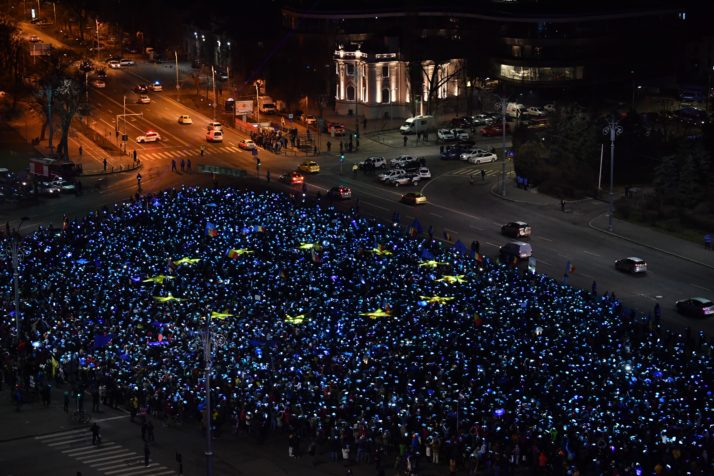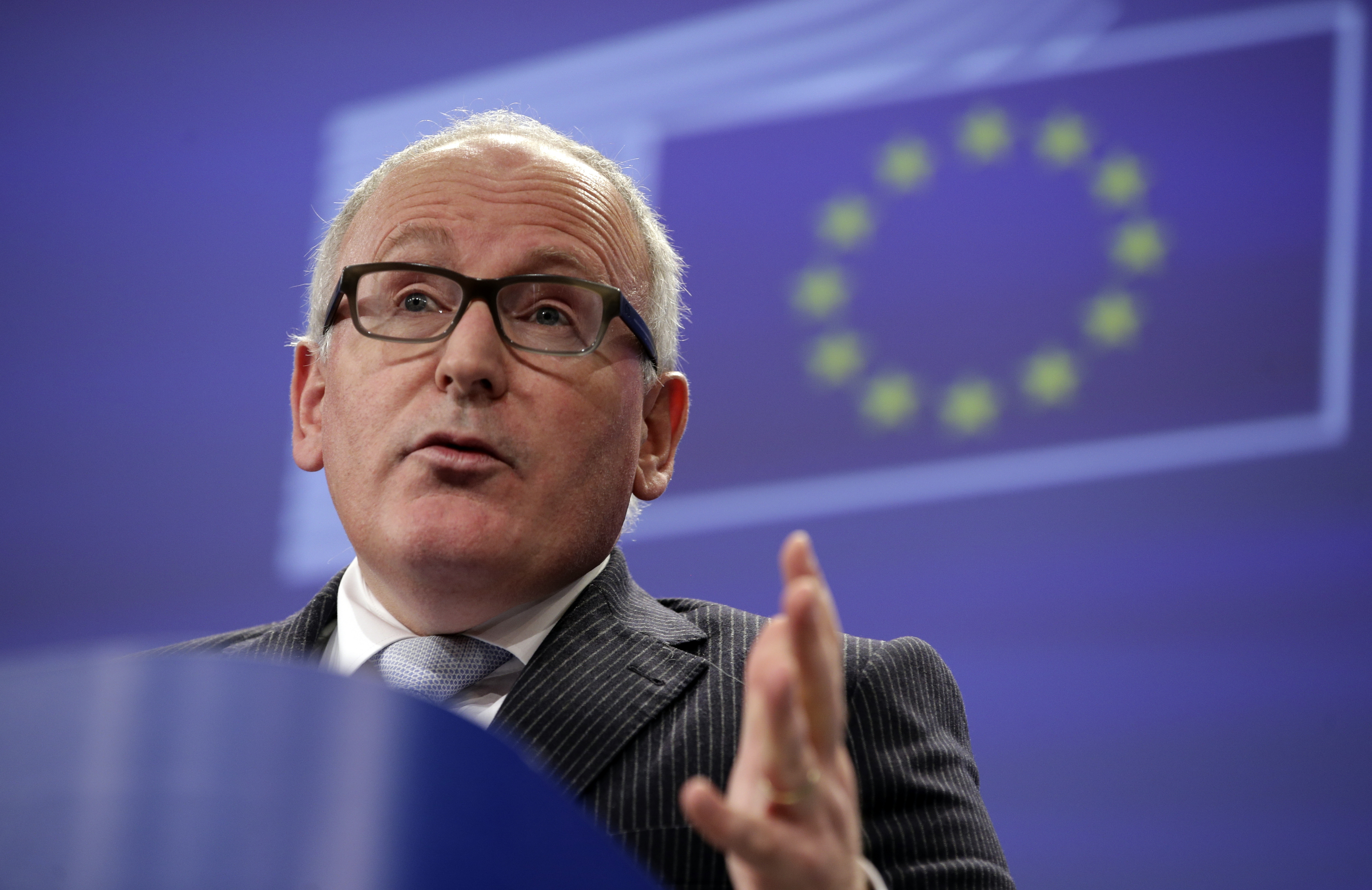In response to recent attempts on the part of the Romanian government to decriminalise corruption and weaken the country’s conflicts of interest rules, a group of Greens/EFA MEPs has written to the Council of Europe and the Council of Europe Group of States against Corruption (GRECO).
The letter [available on the Green/EFA website] calls on GRECO to take concrete steps to examine the situation on the ground in Romania, and to ensure that the most recent developments are taken into account during the current compliance report assessment. The MEPs have also requested a meeting with GRECO to discuss the issue further.
Please see below a quote from Greens/EFA transparency spokesperson Benedek Jávor.
“The Council of Europe needs to take action where the European Commission has so far failed to do so. The Commission has already demonstrated weakness in responding to corruption by shelving the EU anti-corruption report originally due to be published last year. Until the Commission is prepared to take its responsibilities more seriously, we call on the Council of Europe to make sure that the deeply concerning recent events in Romania are properly monitored and followed up on where necessary.”
The full list of signatories is: Karima Delli, Pascal Durand, Sven Giegold, Rebecca Harms, Heidi Hautala, Benedek Jávor, Eva Joly, Ulrike Lunacek, Julia Reda, Terry Reintke, Michèle Rivasi, Bronis Ropé, Jordi Solé, Bart Staes, Indrek Tarand, Josep-Maria Terricabras, Claude Turmes, Ernest Urtasun
(Image source: Daniel Mihailescu/AFP via Getty Images)




